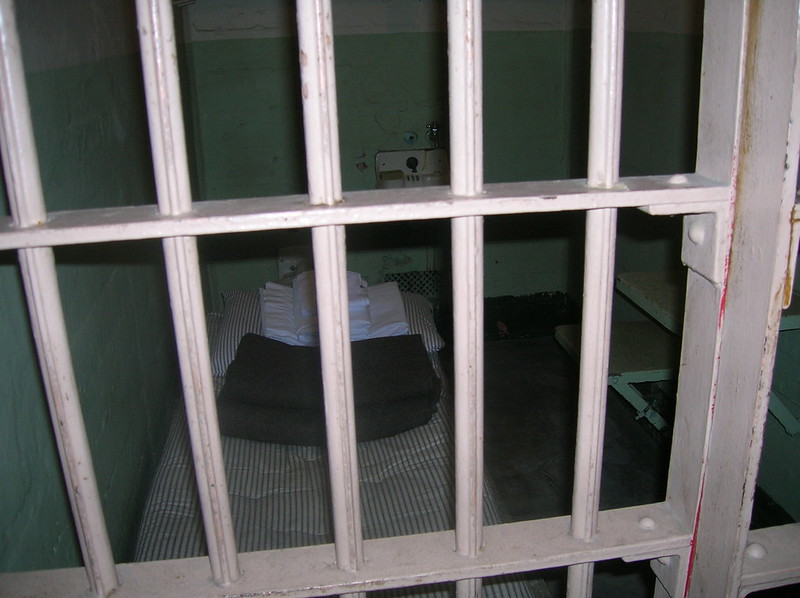The British Government said it will force offenders to either face their victims or their families in court or spend two extra years in prison. “It is unacceptable that some of the country’s most horrendous criminals have refused to face their victims in court. They cannot and should not be allowed to take the coward’s way out,” Prime Minister Rishi Sunak said. This decision is part of a new reform that aims to make sentencing tougher for the most horrifying killings, leading to significant changes in the U.K.'s legal system.
Judges could always compel the criminal to come to the dock, they tend not to because someone who doesn’t want to come may have to be dragged in kicking and spitting, making the whole process even more traumatic.
It’s just cheap tabloid-bait.
or spend two extra years in prison
A life sentence, plus two years. How does that work?
Whole life sentences are very rare. Usually, there is a minimum term before they become eligible for parole. Once granted parole, they can be recalled to prison immediately should any further (even minor) offences be committed.
It’s ‘life’ in the sense that the conviction is never spent. But the minimum term in prison starts at around 8 years.
Funeral delayed by two years…
My understanding is the whole court system has like a multi-year backlog. Forcing offenders to be present for sentencing seems like a complete non-issue and in fact a distraction when compared to this much greater impediment to justice
I don’t think it’s really good for the victims to have to sit in a room with the person who has victimised them?
The victims don’t have to, but if they choose to, the accused person has to sit in the dock.
Ah okay, that makes it a bit better. What about if the victim has to give evidence at the trial or something, though?
I don’t know, but I would imagine that they can either remove the accused while they give evidence, or they can give video evidence
I have read horror stories about this happening in the US, where victims of terrible crimes can be cross-examined in a dehumanising or intimidating way by the person who harmed them if they choose to defend themselves. It’s really disgusting.
It’s a tricky one, because there are cases where the accused is guilty, cases where they’re innocent, and cases where they’ve been deliberately falsely accused. Until the trial, they can’t fairly be separated, so they should have the right to defend themselves, but, as you say, this can mean that an innocent person is put through something awful by the person who hurt them in the first place.
I’m just glad that I don’t have to write the rules around that.
They can give evidence from behind a screen or sometimes video link.
Sorta makes it pointless.
The victims most effected are the least likely to find the idea helpful.
I don’t know. Some people find it therapeutic to see the person punished. It can help get closure. The way some sentences are though, it might leave them feeling disappointed instead.
Populist garbage.
Sentencing already reflects the behaviour of the defendant subsequent to the crime, so that they can get a hefty discount the sooner they plead guilty, whereas if they constantly do things that frustrate the whole process they can see the upper end of what is an allowable sentence. Refusing to appear in court, whether as a defendant or as a convict awaiting sentence makes no difference to the process.
Why don’t we just return to putting people into stocks then?
That seems like a leap
Is it? What’s the purpose of imprisoning someone?
Punishment?
deleted by creator
What does that have to do with this article
The article is about public humiliation.






